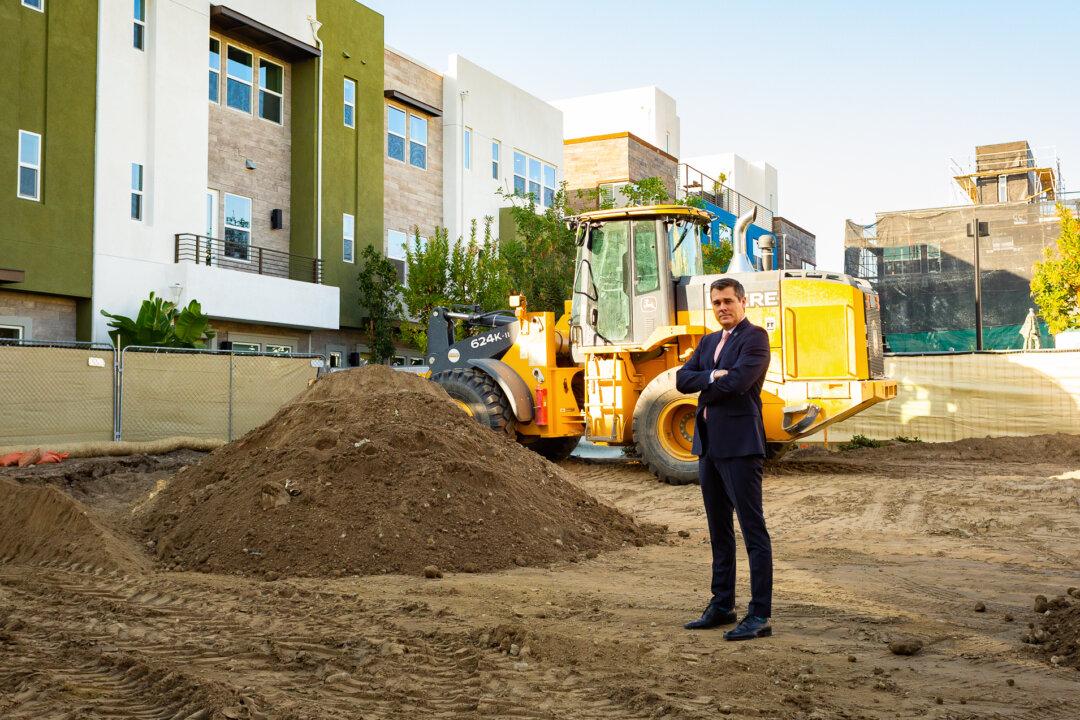Proposed state housing policies that seek to brand ownership of single-family homes in Southern California as exclusionary are making it more difficult to solve the region’s housing woes, some local officials say—but supporters are defending the policies as necessary to correct historical biases in the market.
The officials, who are regional council members of the Southern California Association of Governments (SCAG), say the agency is focusing too much on social justice and equity measures while addressing local housing needs. SCAG is responsible for implementing state affordable housing mandates for 191 cities throughout the region.





